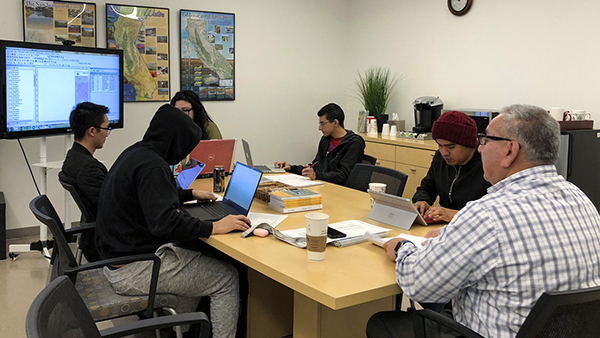With a mix of research and outreach, the CSU is addressing one of California's greatest challenges by securing access to safe drinking water for some of the state's most vulnerable populations.
Focusing on 12 high-priority communities—a mix of elementary schools and healthcare facilities, including urgent care, Alzheimer's care and elderly care centers — a team from California State University, Fresno is developing a plan to connect them with Fresno's water system, ensuring reliable access to clean water.
“They're a power failure away, they're a contamination away, they're a failed well away from being out of service and out of compliance with drinking water regulations," says Thomas C. Esqueda, associate vice president for water and sustainability.
The main issues with these independent systems are they are permitted to rely on only one water source, instead of two like city water systems, and are often chronically noncompliant with state standards because they cannot afford to make necessary improvements.
With the implementation of the university's plan, these communities will “be connected to the city, so they'll have reliability, redundancy and backup supplies," explains Esqueda, who is also the executive director of the California Water Institute.
Visit Calstate.edu to read more.
|


